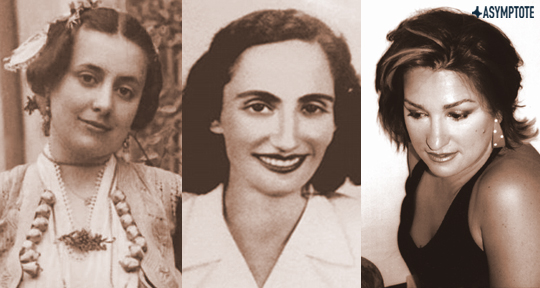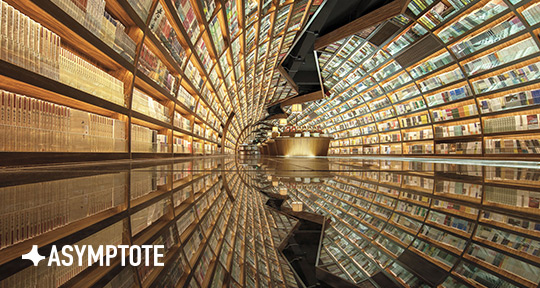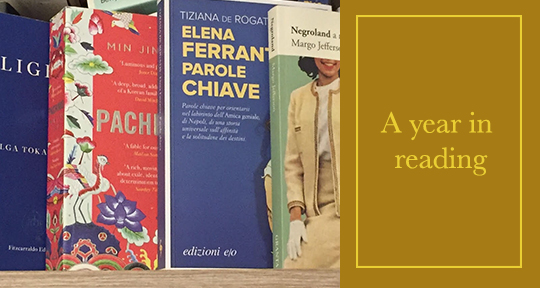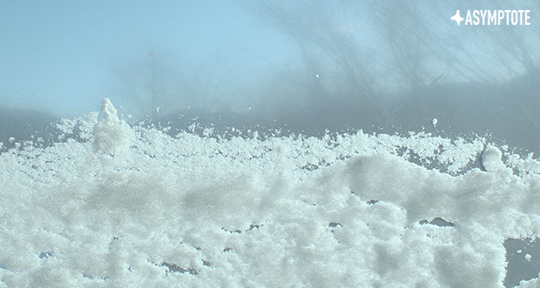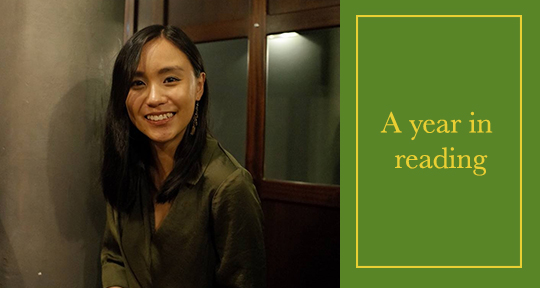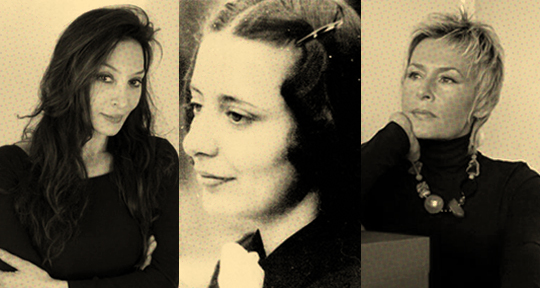This week, publishing gets political in Morocco, Polish authors show us their best hands, and a scatter of multilingual literary soirées light up eastern USA. Paul Bowles once said that Tangier is more New York than New York, and this week, you can make the comparison. Our editors around the world have snagged a front-row view, and here are their postcards.
Hodna Bentali Gharsallah Nuernberg, Editor-at-Large, reporting from Morocco
The 23rd edition of Le Printemps du Livre et des Arts took place in Tangier from April 18-21. This literary event, hosted by the Institut Français in the stately Palais des Institutions Italiennes, stood in stark contrast to the hurly-burly of the Casablanca book fair. A reverent hush filled the air at Le Printemps as small clusters of well-heeled attendees browsed the books on offer or closed their eyes to drink in the plaintive melodies of the malhoun music playing in the palm-lined courtyard.
To further its stated mission of “fostering debate and discussion between writers and thinkers on both sides of the Mediterranean,” Le Printemps offered ten roundtable discussions and conferences—all delivered in French (Morocco’s official languages are Arabic and Amazigh). Questioning the sidelining of Arabic, journalist and publisher Kenza Sefrioui called French a “caste language” and a social marker during a standout roundtable discussion on publishing.


